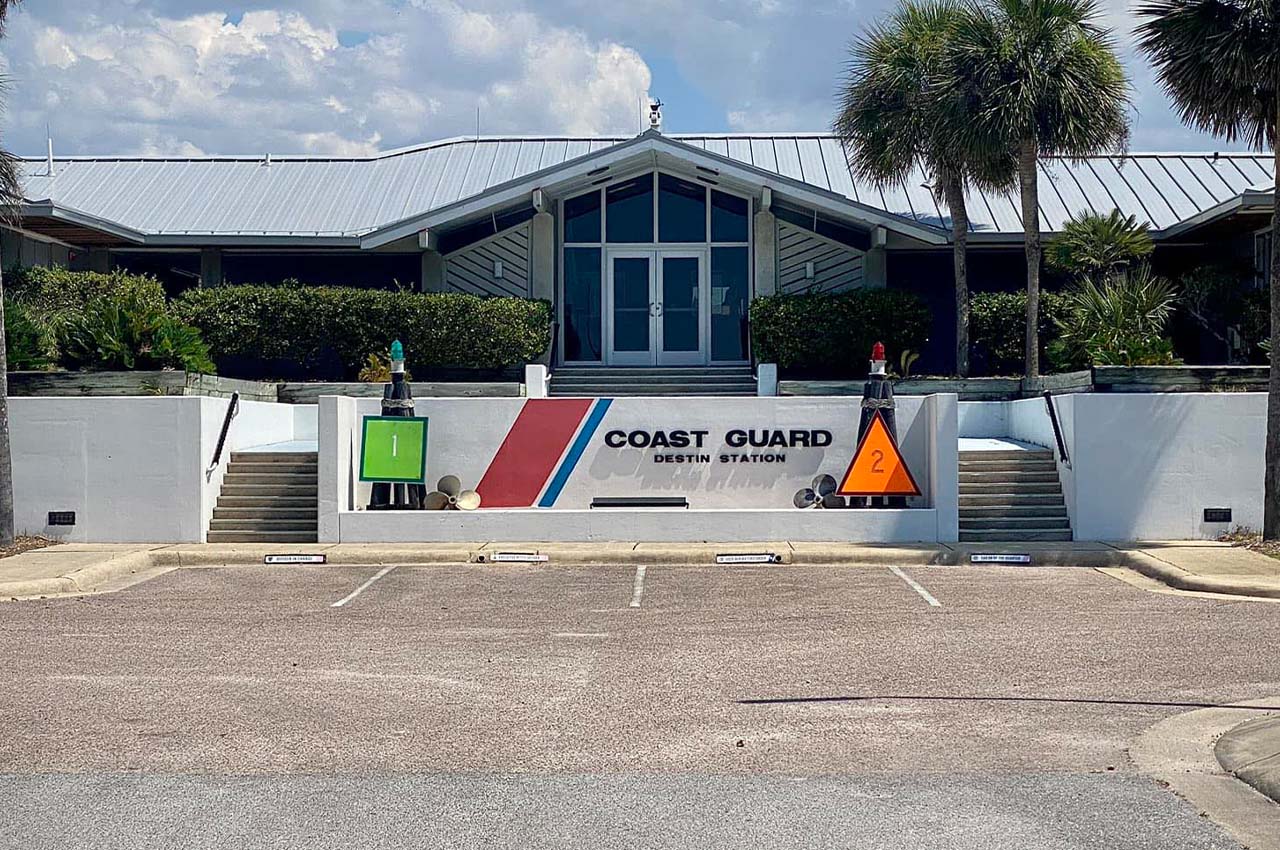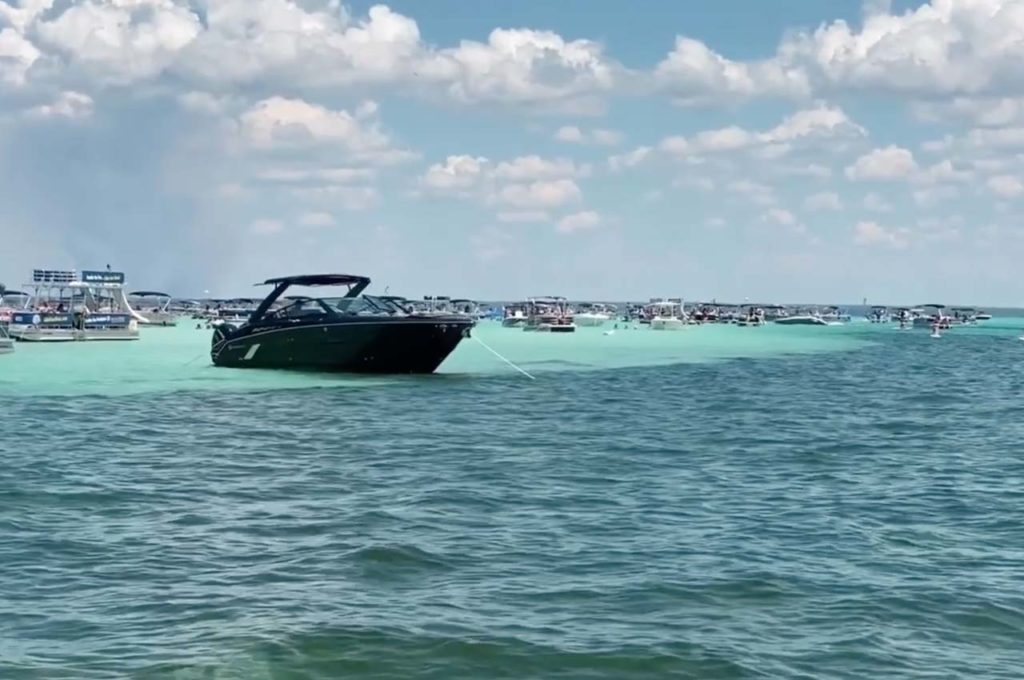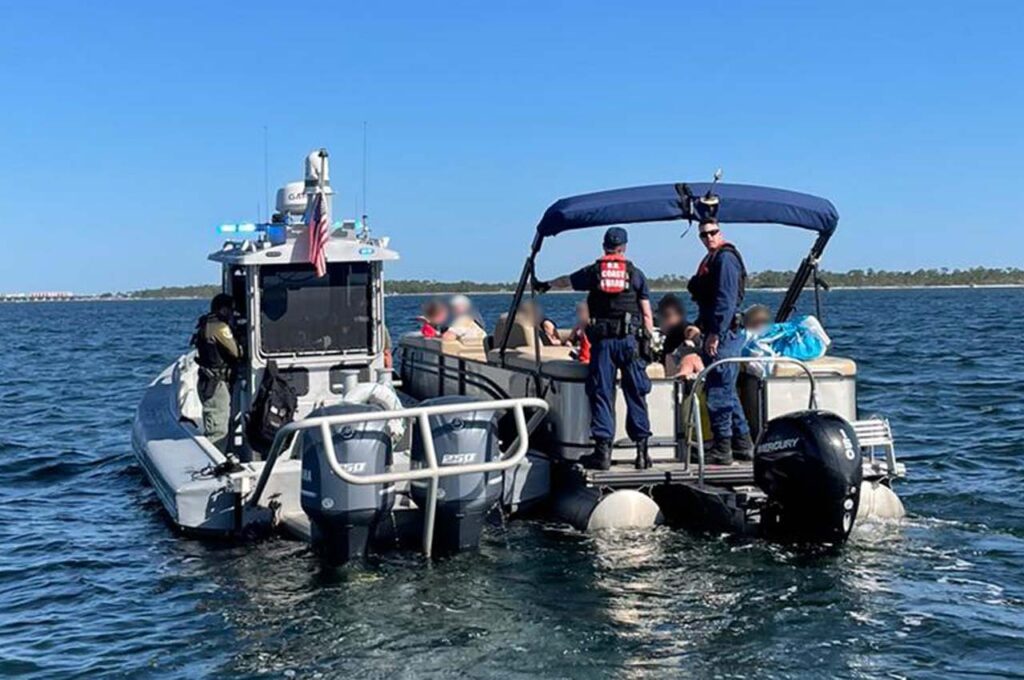At Tuesday’s Destin City Council Meeting on June 20, 2023, representatives from the U.S. Coast Guard addressed the council regarding safety measures and partnerships with local charter operators.
- Lieutenant Andres Nealis, the supervisor at Coast Guard Marine Safety Detachment Panama City, and Senior Chief Joshua Menges, the new officer in charge of Coast Guard Station Destin, shared valuable insights and proposed solutions to enhance safety on water.
Lieutenant Nealis emphasized the Coast Guard’s commitment to maintaining strong partnerships with various entities, including the City of Destin, state and local government agencies, and private organizations like the Okaloosa Water Sports Coalition. Notably, he acknowledged the recent concerns surrounding bareboat charters and expressed a desire to collaborate and combat the illegal charter problem.
The Passenger Vessel Safety Act defines three classes of vessels.
- Small Passenger Vessels – which are inspected by the Coast Guard on an annual basis and can carry more than six. They carry a Certificate of Inspection and they carry a licensed crew.
- Uninspected Passenger Vessel (6-packs) – the operator limits themselves to six passengers or less with at least one for hire. In doing so, the boat doesn’t have to be inspected by the Coast Guard, but the crew does have to be properly licensed so there is a little bit of oversight from the Coast Guard with regard to that.
- Bareboat charters – An agreement where the charterer has use of the vessel for a period of time and is considered the owner. A charterer takes on the legal obligations, is responsible for the crew, passengers carried, and others, and can have up to 12 onboard.
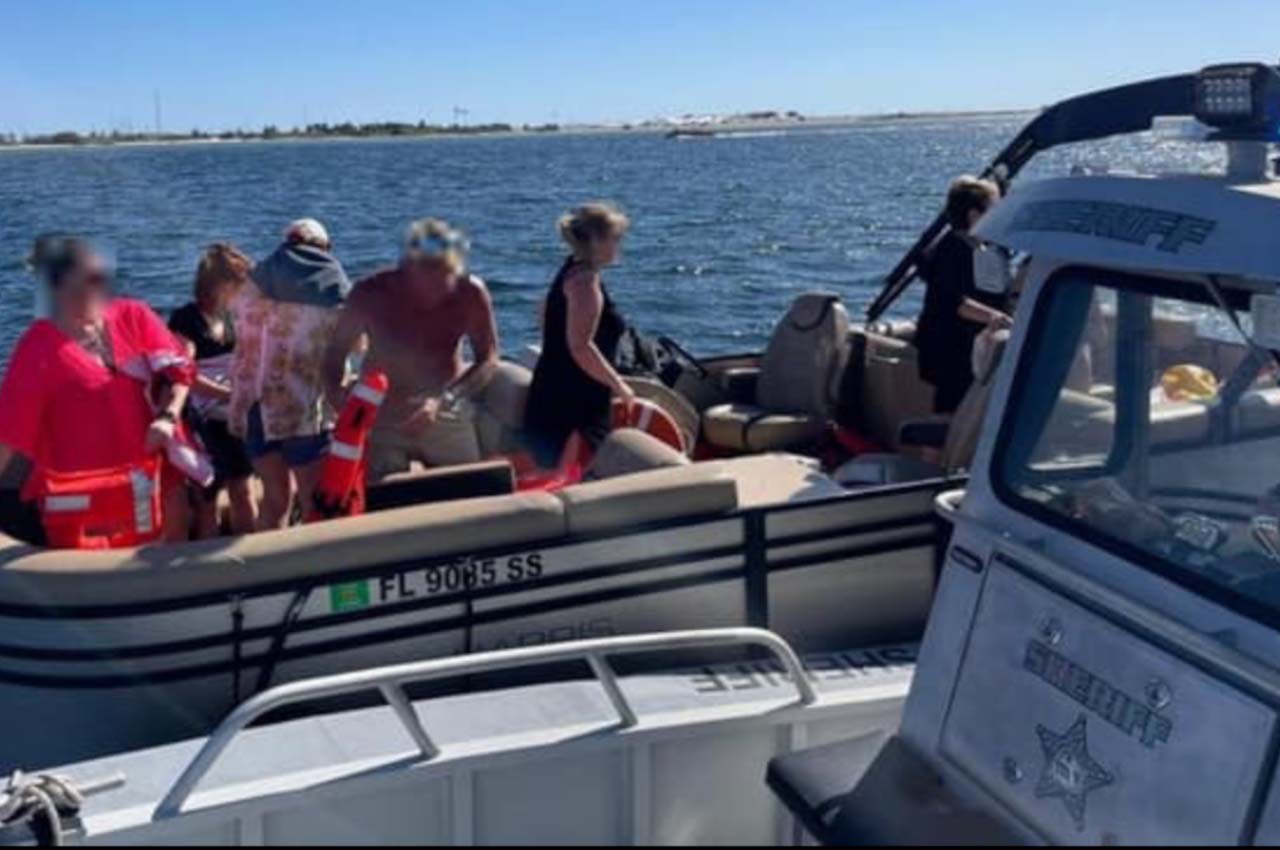
One of the reasons that it is appealing to do bareboat charters is because an operator can have up to 12 passengers onboard and still not be inspected by the Coast Guard, as opposed to six-pack charters, which can only carry six, but have an assigned crew.
“We have a lot of regulatory oversight with the small passenger vessels or SPVs,” said Lt. Nealis. “I really want to help grow and strengthen some of the partnerships as it pertains to the 6-pack operators and the bareboat charter operators because, unfortunately, we don’t get a lot of face-time with them prior to either a law enforcement boarding or a casualty.”
To address this issue, Lieutenant Nealis proposed the underutilized Vessel Safety Check program, mainly run by the Coast Guard Auxiliary, as a valuable resource for both operators and the Coast Guard. He highlighted the importance of this voluntary program, which certifies that a vessel complies with all federal safety laws and regulations.
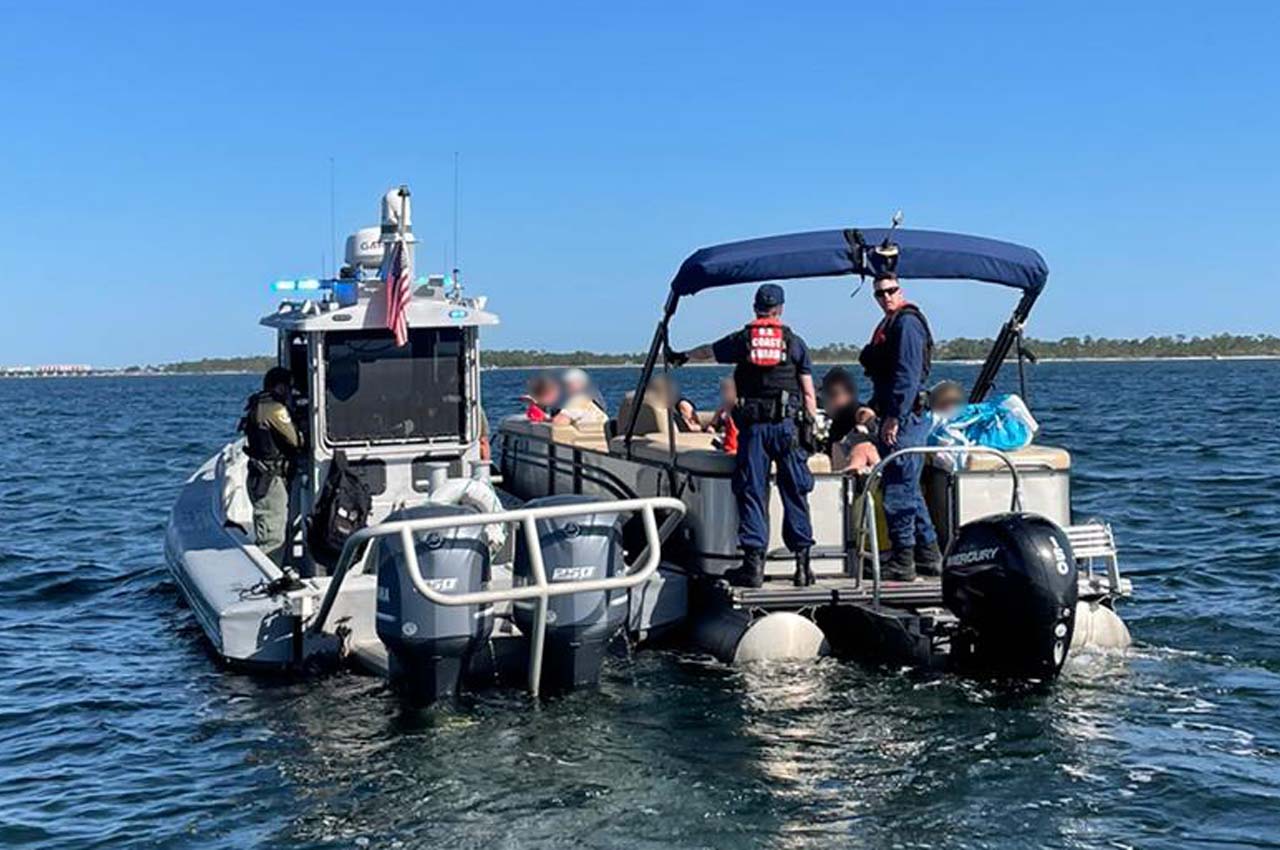
By participating in the program, operators not only demonstrate their commitment to safety but also provide the Coast Guard with an indication of their compliance efforts, according to Nealis.
- “It’s a great program. We’re very lucky in this region to have a very active and well-trained and motivated Coast Guard auxiliary workforce,” Lieutenant Nealis explained.
Senior Chief Joshua Menges, the new officer in charge of Coast Guard Station Destin, echoed the importance of partnerships in ensuring the safety of Destin’s waters. He emphasized that the Coast Guard alone cannot handle this responsibility and relies on collaboration with local, county, federal, and state partners.
“As you all know, and I quickly learned, it’s a job we cannot handle by ourselves. It is a job that can only be taken care of with the great partnerships we have with our local county, federal, and state partners who do this job with us and maintain safety on the waters here,” Senior Chief Menges emphasized.
For Lieutenant Nealis, he believes that having a more collaborative relationship with the operators from the beginning is what drives actual cultural change when it comes to safety.
- “I’m committed to trying to improve that,” he added. “We have to take a multi-pronged approach that includes education. It can’t just be enforcement. It’s outreach, it’s education, and it’s having these discussions on the front-end.”

